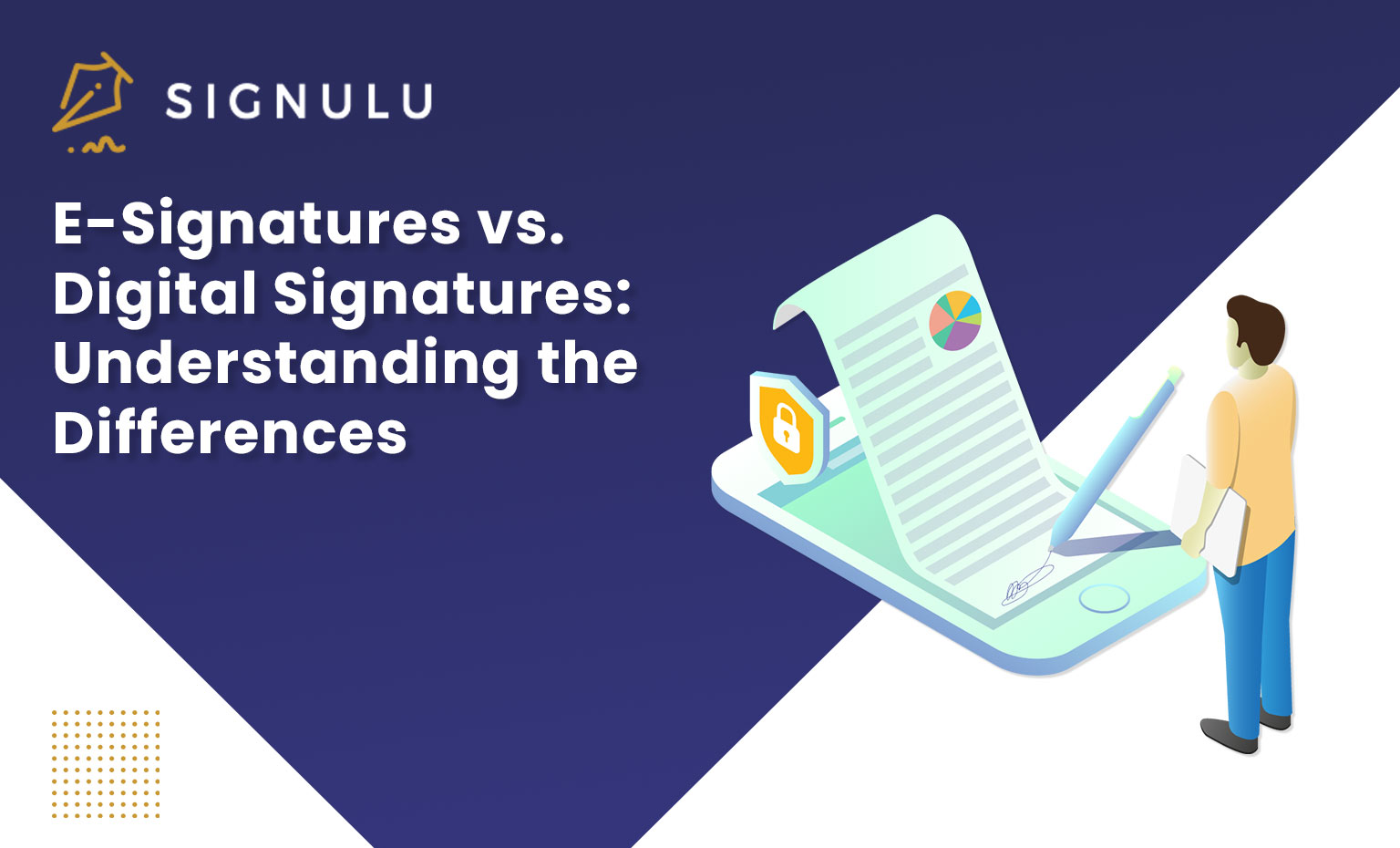Electronic Signature versus Digital Signature: Spotting the Differences
Digital Signature
Sign your documents digitally using confidential keys and cryptographically robust algorithms. A Digital Signature Certificate (DSC) is produced for document protection and signer identification. This method is ideally suited for large corporations and financial institutions.
Electronic Signature
- Serves as a digital equivalent of a handwritten signature, symbolizing the signer’s identity and agreement
- It’s primarily used for document validation
- The signature’s authenticity can only be confirmed if the audit document is accessible
- Although not regulated by a certifying authority, it is governed by the IT Act, 2000
- No document encryption software is involved
Digital Signature
- Functions as a digital fingerprint that encrypts the document for enhanced security and signer identification
- Its principal use case is ensuring document safety
- The authenticity can be confirmed with a Digital Signature Certificate (DSC) and an audit trail
- Documents are safeguarded using cryptographic algorithms
Harness the power of the digital age to secure your business transactions and document validations. Whether you opt for the symbolic representation of consent through an Electronic Signature or prefer the robust security of a Digital Signature, both technologies serve to simplify and protect your online transactions. Embrace these innovative methods to bring efficiency, security, and legal compliance to your document signing processes.
Reach out to us today to unravel more about the intricacies and advantages of DSC-based signatures.











